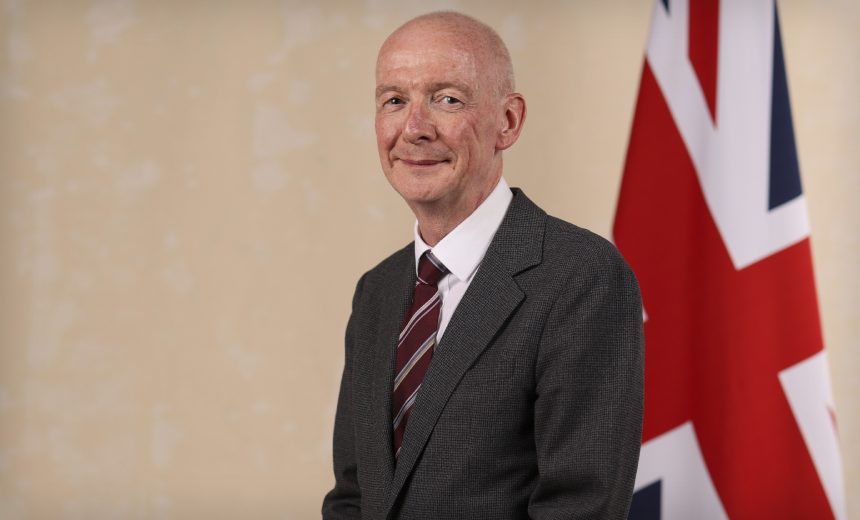Cyberwarfare / Nation-State Attacks,
Fraud Management & Cybercrime,
Geo Focus: The United Kingdom
UK Minister Pat McFadden’s Statements Prompt Cybersecurity Concerns

Recent comments from UK Minister for Intergovernmental Relations, Pat McFadden, regarding the cyber threats from Russia have triggered significant discourse among cybersecurity experts. McFadden emphasized the need for vigilance, stating that the Russian cyber threat to NATO should not be underestimated, highlighting potential attacks on critical infrastructure that could result in widespread power outages.
McFadden delivered these remarks during the NATO Cyber Defense Conference held in London, where he warned of the destructive capabilities the Kremlin possesses. His assertion that Russian incursions could “turn the lights off for millions” has fueled concern among cybersecurity professionals, who advocate for a more calibrated response to such threats. Experts caution against alarmist rhetoric that may inadvertently play into Russian strategies designed to create panic and undermine societal resilience.
Current geopolitical tensions have intensified as Russia’s military campaign in Ukraine nears its third year. The Kremlin has predominantly focused its cyber operations on Ukraine, engaging in debilitating cyberespionage and sabotage tactics, all the while targeting Western nations with disinformation campaigns. Nevertheless, some experts argue that the UK must accurately gauge the Russian threat without resorting to hyperbolic language that could incite unnecessary fear.

Jamie MacColl, a cyber research fellow at the Royal United Services Institute, highlighted that effective resistance against Russian cyber operations necessitates not only technological resilience but also psychological fortitude. Clear and calm messaging from government officials is critical to fostering public confidence and resilience against potential cyber threats.
Nevertheless, experts assert that while the threat posed by Russia should not be minimized, there is a delicate balance to strike regarding the tone and urgency of communicated risks. Louise Marie Hurel, a research fellow at RUSI, noted that the UK government’s approach should articulate awareness of the situation while avoiding exaggerated claims that could misrepresent the nature and scale of the threat. Ciaran Martin, former head of the UK’s National Cyber Security Centre, credited the minister’s comments with inciting an “apocalyptic” sentiment not reflective of reality. Instead, he described the cyber landscape as one of ongoing but manageable disruptions through surveillance and low-scale, yet impactful operations.
In terms of assessing potential adversary tactics, elements of the MITRE ATT&CK framework may have been applicable in this context, including initial access through phishing campaigns, persistence via malware installation, and privilege escalation to access sensitive data networks. Such techniques underscore the need for businesses to adopt robust cybersecurity measures and continually adapt to evolving threats.
